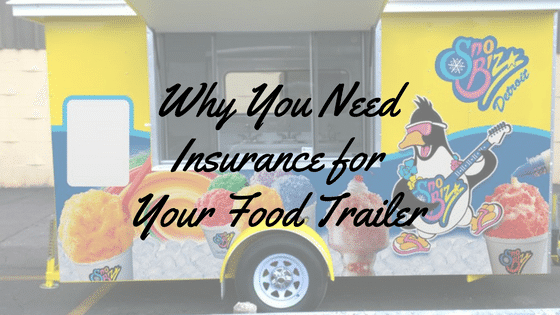
Why You Need Insurance For Your Food Trailer

Why you need insurance for your food trailer
If you own a mobile food business like a food truck, food trailer, or concession trailer, you need general liability insurance.
Wondering why it’s so important?
- Even if you win a lawsuit the legal cost could ruin your business, and legal fees are covered by insurance policies.
- Lawsuit out-of-pocket costs for small businesses exceed $35 billion every year.
- Most events won’t let you attend unless you can show you have the proper coverage to list the event organizers as an additional insured.
The need for general liability insurance goes beyond just mobile food vendors, and insuremyfood.com can help with many other types of vendors. Get a quote here.
- Vendors at swap meets and flea markets
- Retailers who sell out of mall kiosks
- Food Carts
- Indoor Vendors
- Newsstands
- Outdoor Vendors
- Seasonal Lots or tents
- Stands, Tables, and booths.
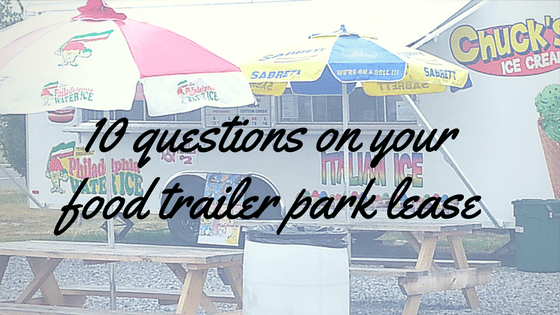
 ou sign a commercial food trailer park lease, you are entering into a relationship where both parties have responsibilities to each other. This is one contract you will want to thoroughly read! It’s always best to ask questions ahead of time on areas that aren’t clear.
ou sign a commercial food trailer park lease, you are entering into a relationship where both parties have responsibilities to each other. This is one contract you will want to thoroughly read! It’s always best to ask questions ahead of time on areas that aren’t clear.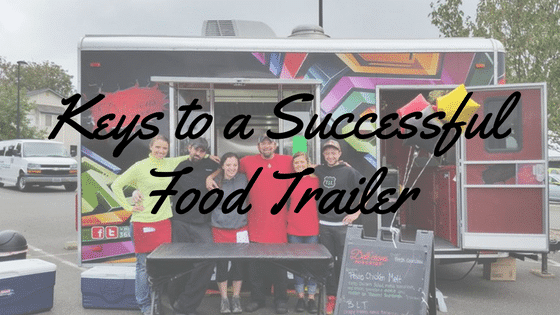
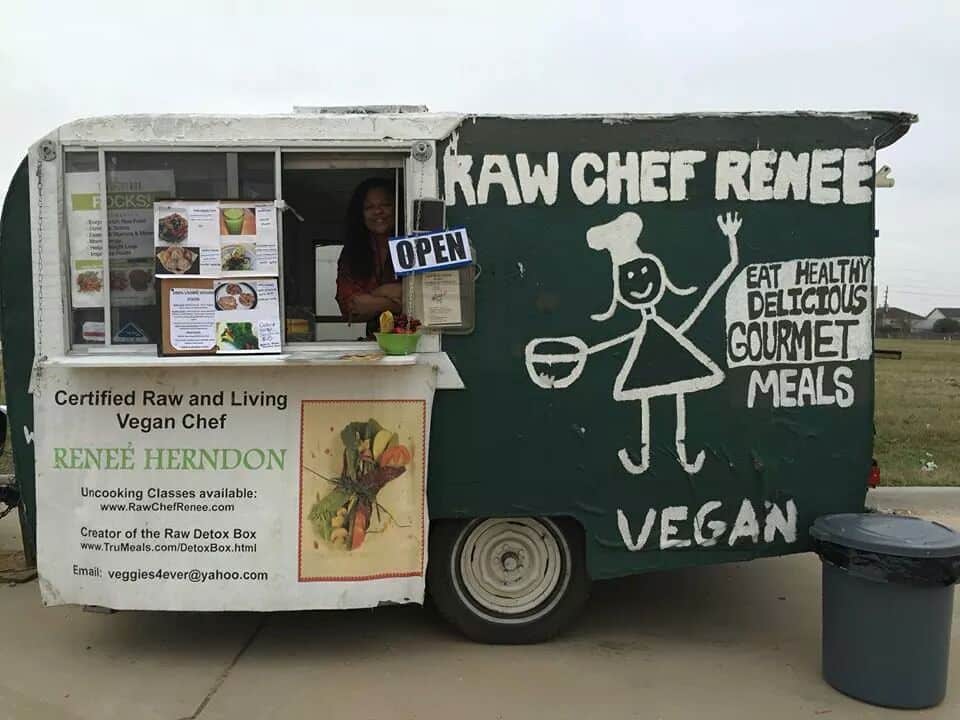
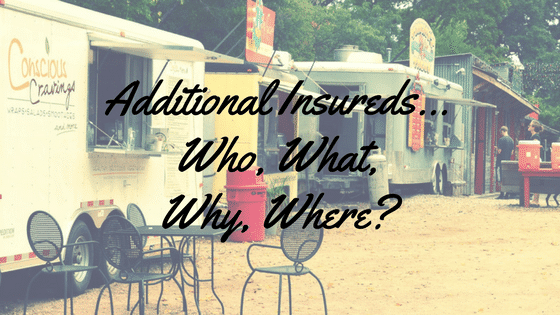

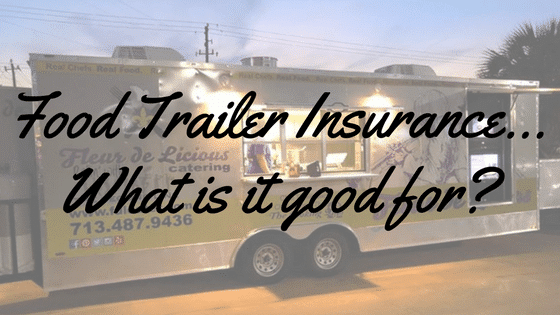





 Joel Paprocki, CIC, CRM, CPCU is founder of Insure My Food. Joel has over 20 years of experience in the insurance industry. He is passionate about helping food entrepreneurs navigate insurance and risk management with confidence. He holds all three top industry designations: Certified Insurance Counselor, Certified Risk Manager, and Chartered Property and Casualty Underwriter. He has served over 5,000 clients in the food industry, including restaurants, food truck, cateriers, If you are looking for a reliable, experienced, and specialized insurance partner, please contact us.
Joel Paprocki, CIC, CRM, CPCU is founder of Insure My Food. Joel has over 20 years of experience in the insurance industry. He is passionate about helping food entrepreneurs navigate insurance and risk management with confidence. He holds all three top industry designations: Certified Insurance Counselor, Certified Risk Manager, and Chartered Property and Casualty Underwriter. He has served over 5,000 clients in the food industry, including restaurants, food truck, cateriers, If you are looking for a reliable, experienced, and specialized insurance partner, please contact us.